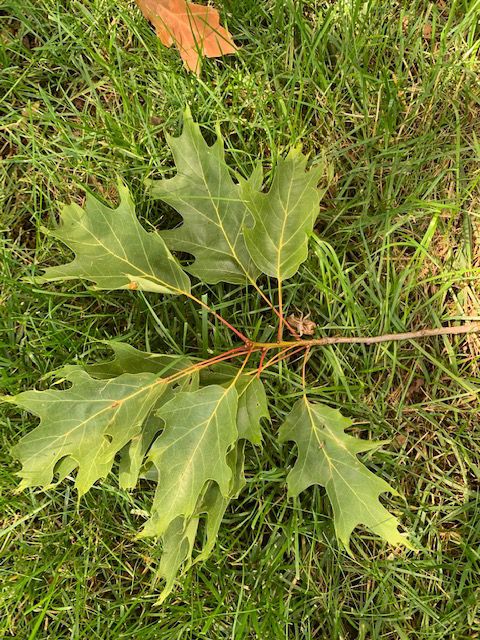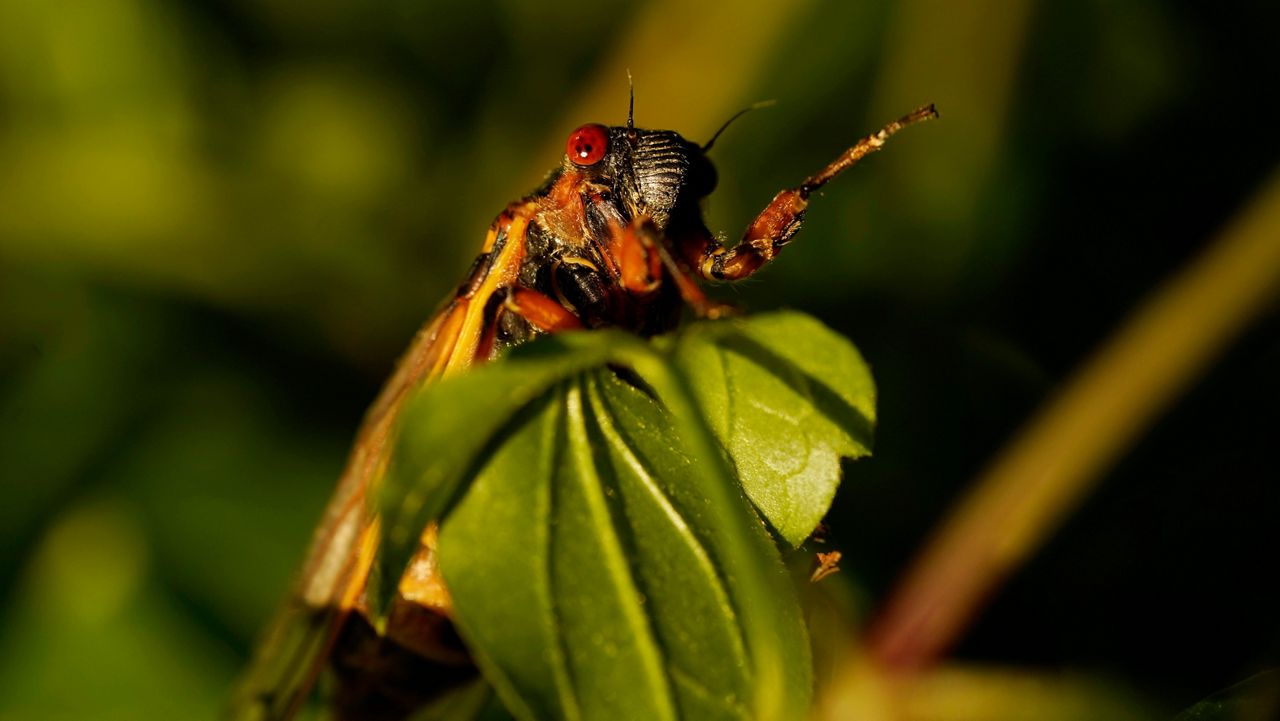They can be captivating or creepy, depending on who you ask.
What You Need To Know
- Brood X cicadas are on a sharp decline
- They will be gone by July 1
- A cicada expert says it was a textbook emergence
- They will be back by the billions in 17 years
The Brood X cicadas came out by the billions right on cue in mid-May. Their red-eyes and loud mating calls caused quite the buzz.
An event this big that happens once every 17 years can create a lot of anticipation and big disappointment when it ends.
"We can't predict when the pandemic will end, but we can predict when the cicadas will end," said Dr. Gene Kritsky.
They will be gone by July 1.
Dr. Kritsky is a cicada expert and dean of Behavioral and Natural Sciences at Mount Saint Joseph University in Cincinnati.
He says, "love them or hate them, it is truly a unique experience for Ohio, and if you experience disappointment or even sadness now that they are on the decline, you are not alone."
"I got an email from someone saying it was a spiritual experience."
He says you could even feel melancholy because of the sense of time passing.
There's also a scientific side to it. We learn new things with every cicada emergence.
First, they are highly adaptable.
With this emergence, Dr. Kritsky says he noticed some males doing a mating call in a tree but were not finding success, so they flew away to find another tree.
This tree could be a mile away. It explains why we see an expanding map with each emergence.
The ability to pivot likely explains why they have been around for 3.9 million years.
Dr. Kritsky created an app called "Cicada Safari" for people to send photos of cicadas so they can track and map them, and it was highly successful. People sent more than a half-million photos to the app, so he will now go through all of the data.
He did tell me something new this year. Brood X showed up in South Carolina for the first time. They also showed up in Alabama for the first time since the 19th century.
After going through hundreds of thousands of photos, there will likely be other new revelations.
What's next? You may have noticed bunches of dried leaves on your lawn. This is not from storms.

The females laying eggs in the tree branches can dry out branches and leave a "pruning" effect, but they are likely not damaged. This is known as "flagging."
Dr. Kritsky says for those who found the Brood X experience fascinating, it can be very hard saying goodbye to them.
"There's something comforting to this experience. It's satisfying to make a prediction and see it come true."
We will see them again in 2038.



